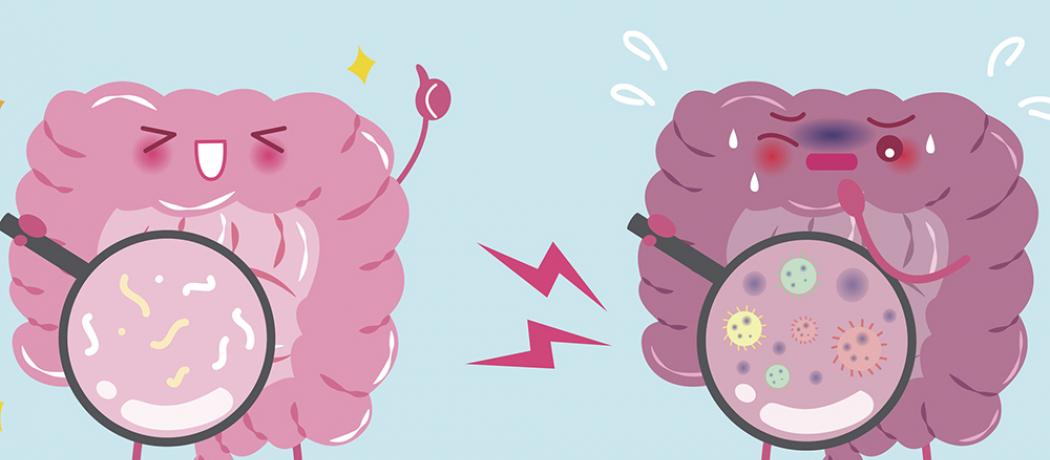If we can get to the moon, how come we cannot lick cancer? I have heard exasperated friends and patients cry out in frustration. Unfortunately, the answer is simple: more or less 500 years ago Newton and Galileo already had the necessary mathematical and physics equations to get us to the moon, but lacked today’s materials and the engineering knowhow for that spectacular accomplishment. In medicine today, we have advanced technology but we do not yet have the fundamental knowledge about disease causality.
I was thinking about all of this after I read a recent CMAJ article about evolutionary medicine. The article’s key point was that the practice of medicine will be increasingly based on an evolutionary understanding of the human genetic makeup and the body’s dependence on its complex microbiome—the bacteria, viruses, and fungi living in our organs and tissues.
The study of evolution is a developing branch of the basic medical sciences, it is not an alternative or a special kind of medical practice. Perhaps “evolution and medicine” would be a more precise appellation to describe scientific work focusing on questions like, why has natural selection left us with traits that make us vulnerable to disease?
Our genome includes all protein-coding genes together with other DNA elements that are transmitted between generations. These genes have been shaped by billions of events over billions of years and are finely tuned for the past rather than for the present. Evolutionary medicine’s answer to our vulnerability to infections is that pathogens evolve too quickly for an adjustment in the genetic responses. Natural selection has shaped many defenses, such as pain, fever, coughing, vomiting, which may have been most valuable to protect an individual eons ago, but today these responses may lead to tissue damage and suffering. It is expected that an in-depth understanding of the evolutionary basis of our functioning will clarify a number of questions, including, for example, the reasons for antibiotic resistance, or the need for specificity in the use of cancer chemotherapy drugs.
The knowledgeable physician will monitor patients as they move through their life cycle—fertilization, growth, maturation, and aging—and will be able to review known (or newly discovered) genetic vulnerabilities, and intervene, or possibly prevent, the subsequent pathology.
I was quite taken with the implications of evolutionary science both for medical education and for practice. I was searching for more information about the significance of genomes and microbiomes in the future of health care when I came upon a 4-year-old article in the Lancet with a different perspective on the medical approach to health care. The authors of “Culture and Health” maintain that anthropological considerations of health and well-being are necessary to reshape our understanding of health and what makes us healthy. Currently, biological wellness is the sole measure of well-being. Neglecting the significance of cultural factors that affect health-improving behaviors has led to the development of medical systems where personal contact between patients and caregivers has declined. History-taking skills have atrophied, and detailed physical examinations have been replaced by technical investigative methods, further weakening the doctor-patient relationship.
To be sure, there are some astounding technical developments in diagnosis and treatment procedures brought about by our present medical practices, with most of the impressive outcomes never even dreamt of just a few decades ago. Too bad that cultural anthropologists have to keep reminding us that medical practice is, and always has to be, a bit more—an art of caring, based on science. Perhaps the promising discoveries by the science of evolutionary medicine will give us an opportunity to pursue that ideal mode of medical practice.
—George Szasz, CM, MD
Suggested reading
Brunham RC. The genome, microbiome and evolutionary medicine. CMAJ 2018;190:E162-E166.
Napier AD, Ancarno C, Butler B, et al: Culture and health. Lancet 2014;384(9954):1606-1639.
Naugler CT. Evolutionary medicine: Update on the relevance to family practice. Can Fam Physician 2008:54:1265-1269.
This posting has not been peer reviewed by the BCMJ Editorial Board.

